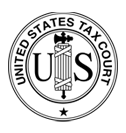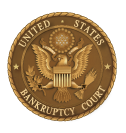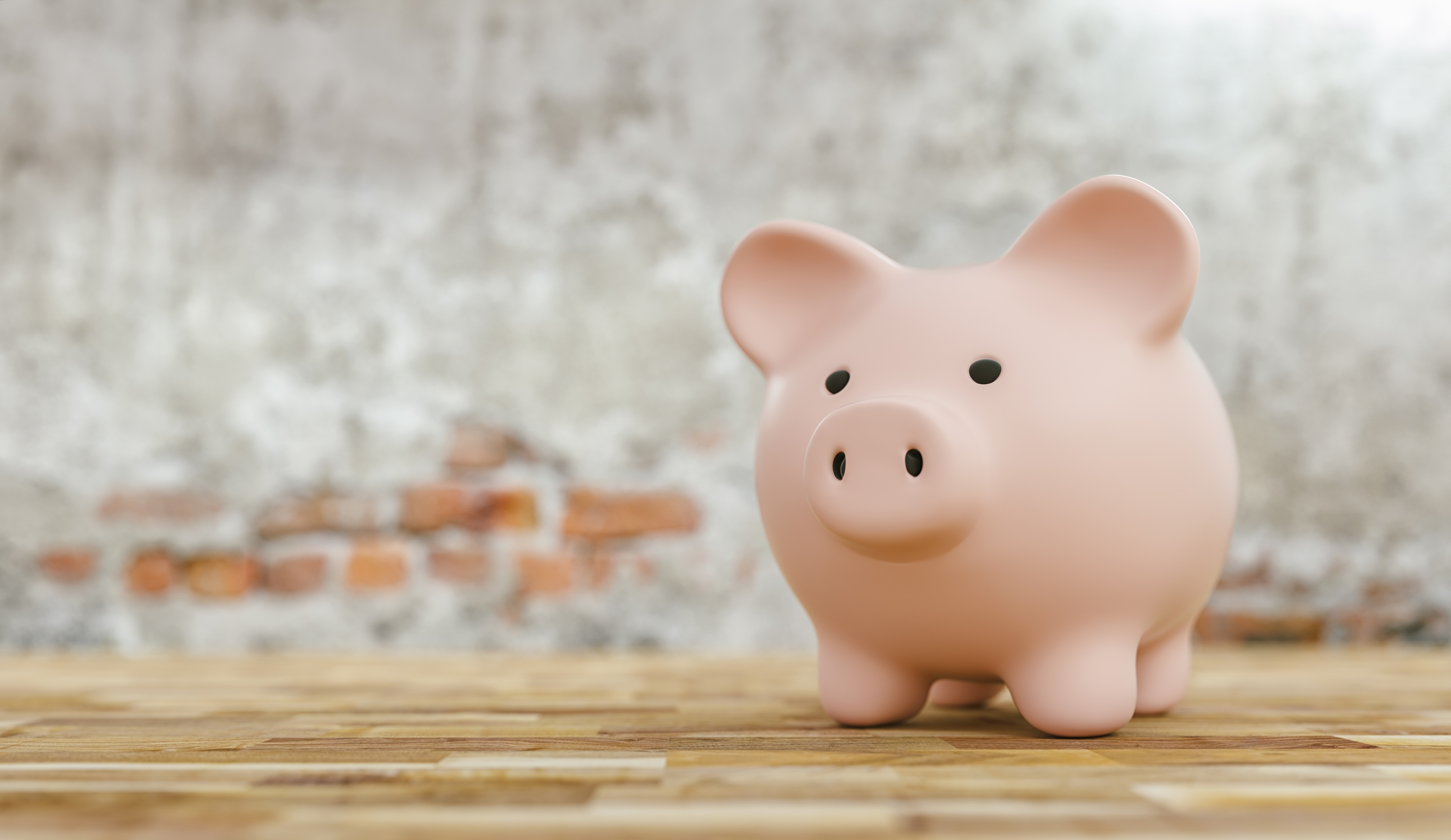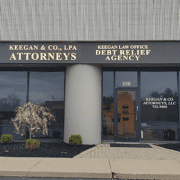BANKRUPTCY AND YOUR RETIREMENT ACCOUNT
SHOULD I CASH IN MY RETIREMENT TO PAY MY DEBT?
The answer is NO! Almost always s bad idea! You have worked hard and saved for retirement. Your retirement is just for that, your retirement. Most likely your current employer provides funds for retirement. If you are already retired then you need these funds now, do not cash them in to pay debts.
Bankruptcy may be available for you. Under Bankruptcy law your retirement funds are protected. You can file bankruptcy and keep your retirement accounts for when they will be needed – when you retire.
WHAT IS BANKRUPTCY?
A federal law set up which will allow you to discharge all of your unsecured debts. Once a discharge is issued creditors can no longer collect on debts included in the bankruptcy. You do not have to pay any of these debts and you do not need to report the filing to the IRS as income. There are two main chapters filed by most consumers – Chapter 7 and Chapter 13.
CHAPTER 7
Chapter 7 is the most common bankruptcy filing. It goes by many names, Chapter 7, straight bankruptcy, simple bankruptcy, liquidation bankruptcy and so forth. In a Chapter 7 you wipe-out all of your unsecured debts. If you have secured items you would like to keep such as a home or vehicle you will be able to reaffirm on these debts through your case.
CHAPTER 13
Chapter 13 is designed for those who are over income for Chapter 7 or who are behind on their homes or vehicles. Chapter 13 is a repayment plan. Under Chapter 13 you will have 3 to 5 years to make up payments on your home or vehicle. You will pay back a percentage of your debts to your unsecured creditors. You will receive a discharge at the end of your case.
MORE INFORMATION
For more information call us at 513-752-3900 to schedule a no obligation, free consultation with an experienced attorney. Since 1992, Keegan and Company Attorneys has helped thousands of people of the Cincinnati area get well deserved financial relief and asset protection. We are here and available to help you!















